Thanksgiving Day – Top 10 Scientists Whose Inventions We Are Thankful For!

Thanksgiving Day is around the corner. This tradition was first celebrated in 1621 by the English pilgrims to the American continent who thanked God for the abundant harvest in the preceding year. In recent times, Thanksgiving Day is celebrated every year on the fourth Thursday of November since 1863 after Abraham Lincoln declared it as a national holiday.
Although it started as a harvest festival, Americans now consider Thanksgiving as a day to celebrate good health, blessings in the family, and prosperity. Besides the United States, various other countries such as Canada, Germany, Grenada, Korea, etc. also celebrate Thanksgiving Day. However, the date on which each of these countries celebrates Thanksgiving Day varies. To celebrate the spirit of Thanksgiving, we would like to highlight the work of 10 scientists whose inventions and contributions have had a significant impact on humankind and made the world a better place to live in, and to whom we will be eternally thankful!
 Benjamin Franklin – Electricity
Benjamin Franklin – Electricity
It is difficult for one to imagine the modern world without electricity. The man we can all thank for this gift of electricity is Benjamin Franklin. He was the first one to introduce electricity to the world through his experiment that involved an attempt to capture electric current from lightning using a kite in 1752. It was his vision and logic that resulted in the discovery of electricity.

 The Wright Brothers – Airplanes
The Wright Brothers – Airplanes
The Wright Brothers—Wilbur and Orville Wright invented one of the most widely used modes of transportation today i.e. airplanes. It was in 1903 that they achieved the first airplane flight and thereafter built a more improved version two years later. A small model helicopter brought by their father in the year 1878 inspired them and generated their interest in aeronautics and flying.
Nikola Tesla – AC electric supply system
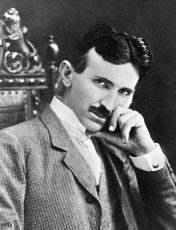
Nikola Tesla was an eminent scientist whose list of inventions included the ‘Tesla coil’ used in radio technology. He also played a significant role in the development of X-ray technology, radar technology, remote controls etc. However, one of his most prominent inventions that we are truly thankful for is the alternating-current (AC) electrical system. We use this system predominantly across the world even today.
 Thomas Edison – Light Bulb
Thomas Edison – Light Bulb
Thomas Edison was the man responsible for bringing light into our homes. The light bulb was one of his most notable inventions. He and his associates worked on approximately 3000 different theories to develop an efficient incandescent lamp that could be used in small spaces such as homes. Although incandescent lights known as arc lamps existed at that time, they were too bright to be used in a room. Edison made the first high resistant, incandescent electric light bulb suitable for use in houses in January 1879.
Alexander Graham Bell – Telephone
Alexander Graham Bell invented the most indispensable mode of communication—the telephone. It was his attempt to transmit several telegraph messages simultaneously over a single wire that resulted in the invention of the telephone. Bell filed a patent for this invention on 14th February 1876. However, the first intelligible speech was produced on 10th March 1876 with the words “Mr. Watson—come here—I want to see you” to his laboratory assistant.
 Maria Telkes – Solar Heated Houses
Maria Telkes – Solar Heated Houses
Dr. Maria Telkes, a notable scientist, devoted her career to utilizing solar energy. She was interested in solar energy since high school. She pursued a BA in physical chemistry in 1920, followed by a Ph.D. in the same subject in 1924. Her inventions include solar ovens, solar heated systems, and also solar water distilling systems for making seawater potable. She also developed a process whereby she stored solar-generated energy chemically through the crystallization of a sodium sulfate solution. Her efforts have now resulted in the development of a green as well as sustainable technology.
Edward Jenner – Vaccines
Edward Jenner was the one who invented vaccines. He is the pioneer behind the smallpox vaccine and is also known as the Father of Immunology. It was his efforts in the treatment of smallpox that resulted in the discovery of the first vaccine in 1796. He further carried out a detailed study to validate his discovery and published his work in 1798. This validated work of Edward later resulted in the concept of vaccination, which now makes us immune to a wide array of diseases. We are thankful to him for the healthy lives that we live today.
 Marie Van Brittan Brown and Albert Brown – CCTV
Marie Van Brittan Brown and Albert Brown – CCTV
CCTVs are widely used around the world for surveillance purposes. Marie Van Brittan Brown and her husband-Albert Brown jointly developed the CCTV. A nurse by profession, she was concerned about the increasing crime rates in her neighborhood, as well as the slow police response time. She conceptualized the idea and along with her husband, who was an electronic technician devised the first home security system. They also filed a patent in the year 1966. With the increasing crime rates around the world, we are thankful for the invention of the CCTV, whose presence goes a long way in preventing as well as solving crimes.
Charles Babbage – Computer
Charles Babbage was a British mathematician and the first one to invent an “Analytical Engine”. This was the first version of today’s modern computer. He carried out this revolutionary work between 1833-1871. Life without the computer is unimaginable today, and for this invention, we will always be thankful.
 Tim Berners Lee – World Wide Web
Tim Berners Lee – World Wide Web
Tim Berners Lee is the scientist whose work has revolutionized almost every aspect of our life. He invented the World Wide Web in the year 1989 and thereafter worked to ensure it was freely available to all. He heads a foundation that works towards ensuring that the web is used for global public good and as a basic right. The world cannot thank him enough for this!
References
- https://www.worldatlas.com/articles/why-do-people-celebrate-thanksgiving.html
- https://www.biographyonline.net/scientists/top-10-inventors.html
- https://www.history.com/topics/inventions/wright-brothers
- https://www.biography.com/people/nikola-tesla-9504443
- https://www.fi.edu/history-resources/edisons-lightbulb
- https://americacomesalive.com/2015/02/13/marie-van-brittan-brown-home-security-system-inventor/
- https://www.britannica.com/biography/Alexander-Graham-Bell
- https://www.nytimes.com/1996/08/13/us/maria-telkes-95-an-innovator-of-varied-uses-for-solar-power.html
- https://lemelson.mit.edu/resources/maria-telkes
- http://www.bbc.co.uk/history/historic_figures/jenner_edward.shtml
- http://www.bbc.co.uk/history/historic_figures/babbage_charles.shtml
- https://science.howstuffworks.com/innovation/inventions/who-invented-the-computer.htm
- https://webfoundation.org/about/sir-tim-berners-lee/
- https://www.fi.edu/benjamin-franklin/kite-key-experiment
- Image sources- https://en.wikipedia.org/wiki/ and https://www.fatherly.com/





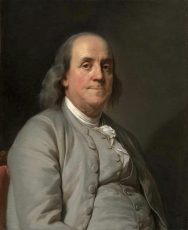 Benjamin Franklin – Electricity
Benjamin Franklin – Electricity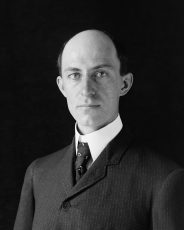
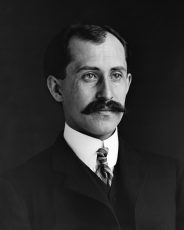 The Wright Brothers – Airplanes
The Wright Brothers – Airplanes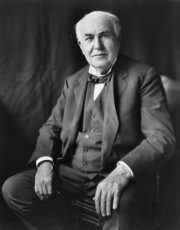 Thomas Edison – Light Bulb
Thomas Edison – Light Bulb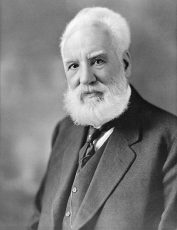
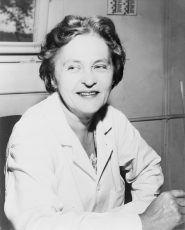 Maria Telkes – Solar Heated Houses
Maria Telkes – Solar Heated Houses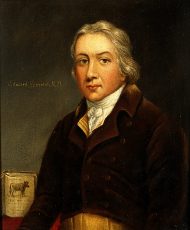
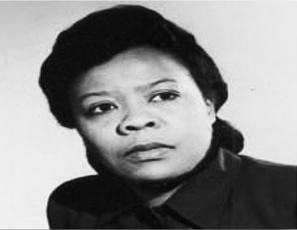 Marie Van Brittan Brown and Albert Brown – CCTV
Marie Van Brittan Brown and Albert Brown – CCTV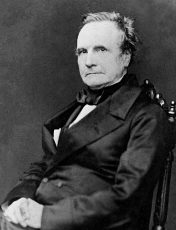
 Tim Berners Lee – World Wide Web
Tim Berners Lee – World Wide Web